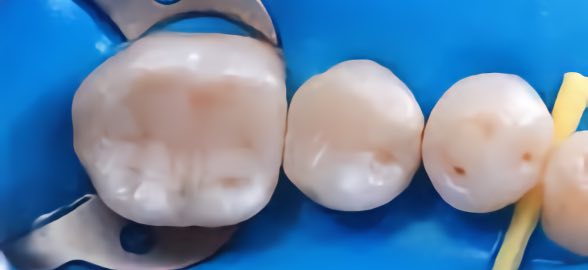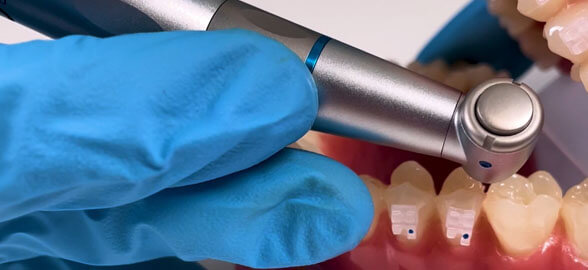Establishing protocols is one of the most important things to do when it comes to efficient dental clinic management.
To learn more about this, we spoke with Teresa Boronat, Co-Founder of Experience Consulting Dental, who told us all about the importance of the protocolization of processes in dental clinics, as well as explaining some examples of protocol problems and how we can best manage them.
TIPS from Teresa Boronat in establishing process protocolization

➜Why is process protocolization important?
Processes are a very useful tool for clinics. They're the best way to know what procedures to follow and how dental clinic professionals should carry out their work. That's why it's really important to see and understand the protocols with the end goal of facilitating your day-to-day work and avoiding errors and misunderstandings that may arise amongst professionals or with patients.
➜What is the purpose of the protocols in the dental clinic?
The clearest purpose of protocols is to create order within the practice. Put simply, protocols help to organise the clinic internally, so that the organisation is visible externally. When the practice is organised internally, patients notice it and the clinic can then inspire confidence in their patients. As a result, these protocols mean the dental clinic can come across to patients as a highly organised environment that gives them complete peace of mind.
Thus, we can be sure that the protocolisation of processes helps the dental clinic that correctly implements it to grow towards excellence.
➜Which processes should be protocolised in the clinic?
In the dental clinic, everything should be protocolised, from the simplest to the most complex process. In many cases, we find clinics where most of their failures occur within the simplest processes, and this usually happens because many things are often taken for granted; in other words, it is assumed that because these processes are so simple, they're already working efficiently. That's why protocols should be established from the moment the clinic opens until it closes and with the plan that they never change and the operation is fully established.
In addition, if all the daily processes are protocolled it also helps, for example, when new staff join the dental practice. By having protocols set in place, it means the newly recruited dental professionals will join the clinic with some prior knowledge of how the clinic works, which will hugely facilitate their integration and adaptation to the team.
➜What tips can dental clinics apply to the process protocolisation procedure?
First of all, clinics should make lists of all the procedures they carry out. Then they should divide all these procedures into areas, narrowing them down as specifically as possible.
Of course, it's really important these lists of protocols and procedures are created together with the team of professionals of the clinic. When they are created together with the team, they can all bring their points of view. At the end of the day, they are the ones who carry out the day-to-day running of the clinic, so they know it inside out. It is also important because by getting everyone involved in the protocolization, they get involved in the project from the outset and later on, the implementation of the established protocols will be much easier, as everyone will be totally aware of which processes are being established.
➜Finally, what would be an example of a simple procedure that clinics often take for granted?
One of the simple procedures that many clinics take for granted would be how to answer the phone in the clinic's reception. It's often overlooked and many clinics fail at it, so the best thing to do would be to establish a telephone protocol, so that this seemingly simple task is always carried out in the same way by the entire team and no mistakes are made.
"YOUR DESIRED FUTURE, KNOWING THE WAY AND MAKING IT EASIER".
And that's it for our talk with Teresa! We hope you have found all the information on protocolization of processes very interesting. Of course, if you have any questions, please contact us and we will be happy to help you and will offer you the best advice for your dental clinic. We look forward to seeing you here and on our social networks! See you soon!





